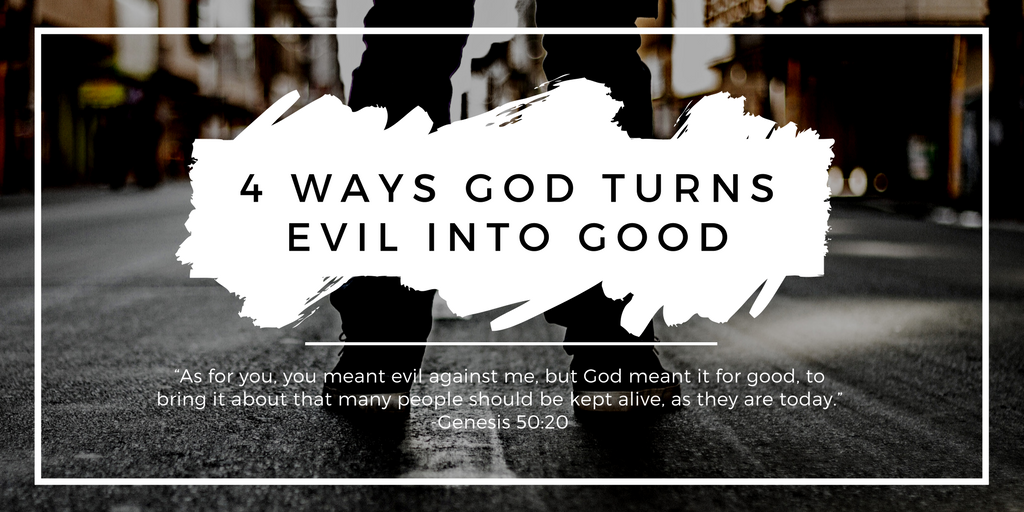How can you stop going back to your ex-boyfriend or ex-girlfriend? If you are a Christian and you want to do what is right, how can you get over someone you are attached to? Perhaps your ex is someone who hurts your or is a cheater and you know you should stay away but for some reason you keep getting back together. What can be done?
Here are 5 Christian relationship tips if you want to know how to stop going back to your ex.







